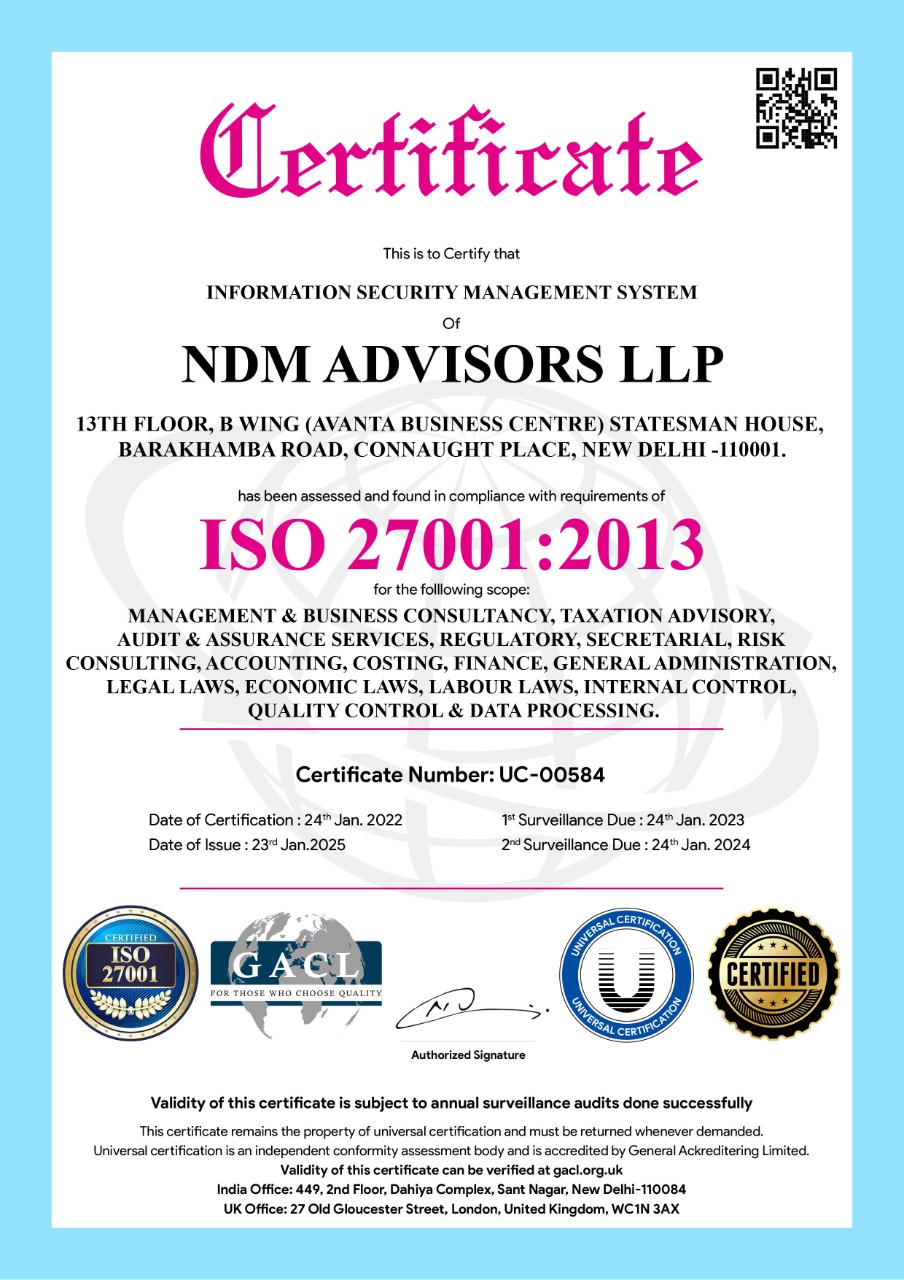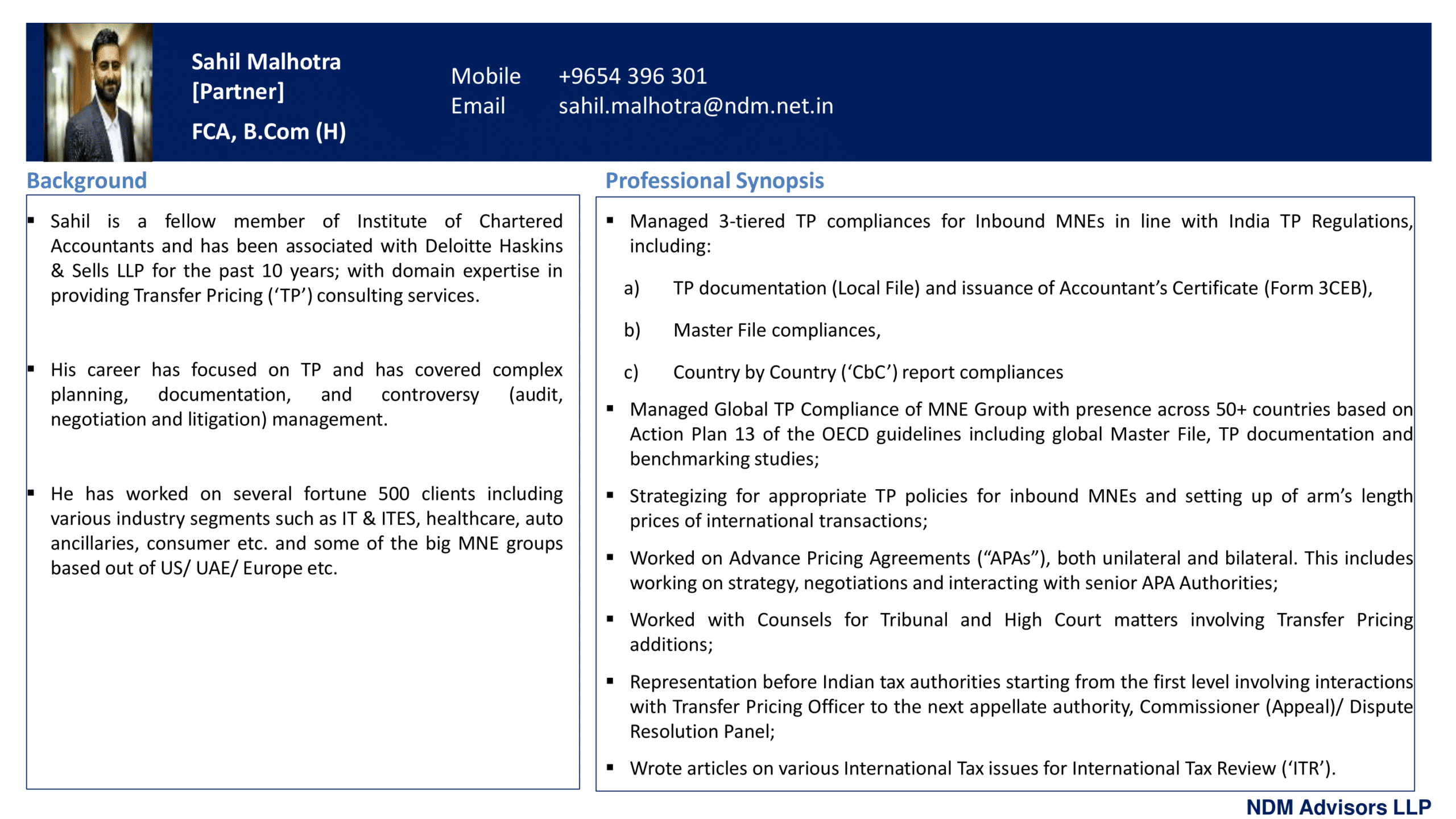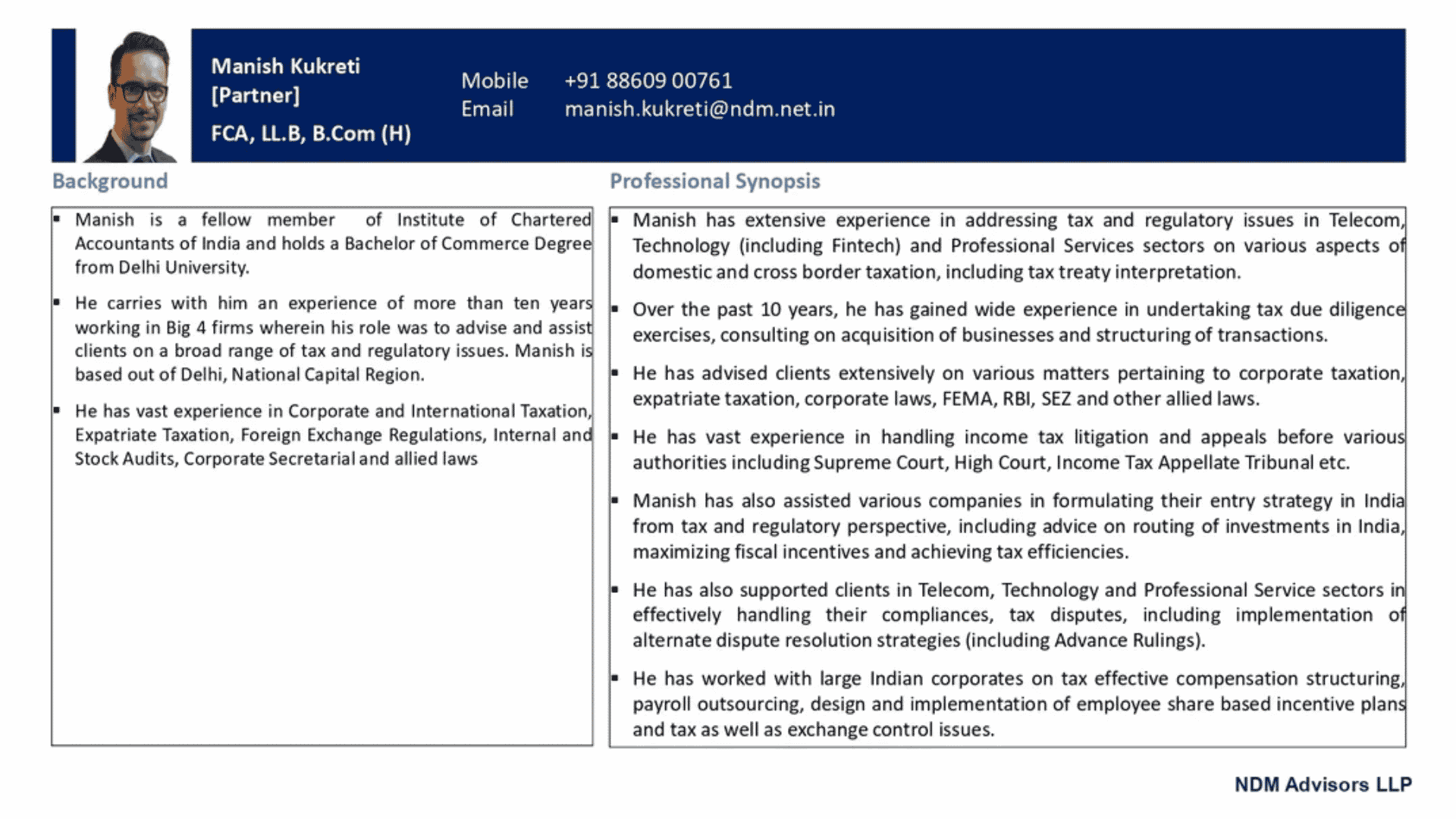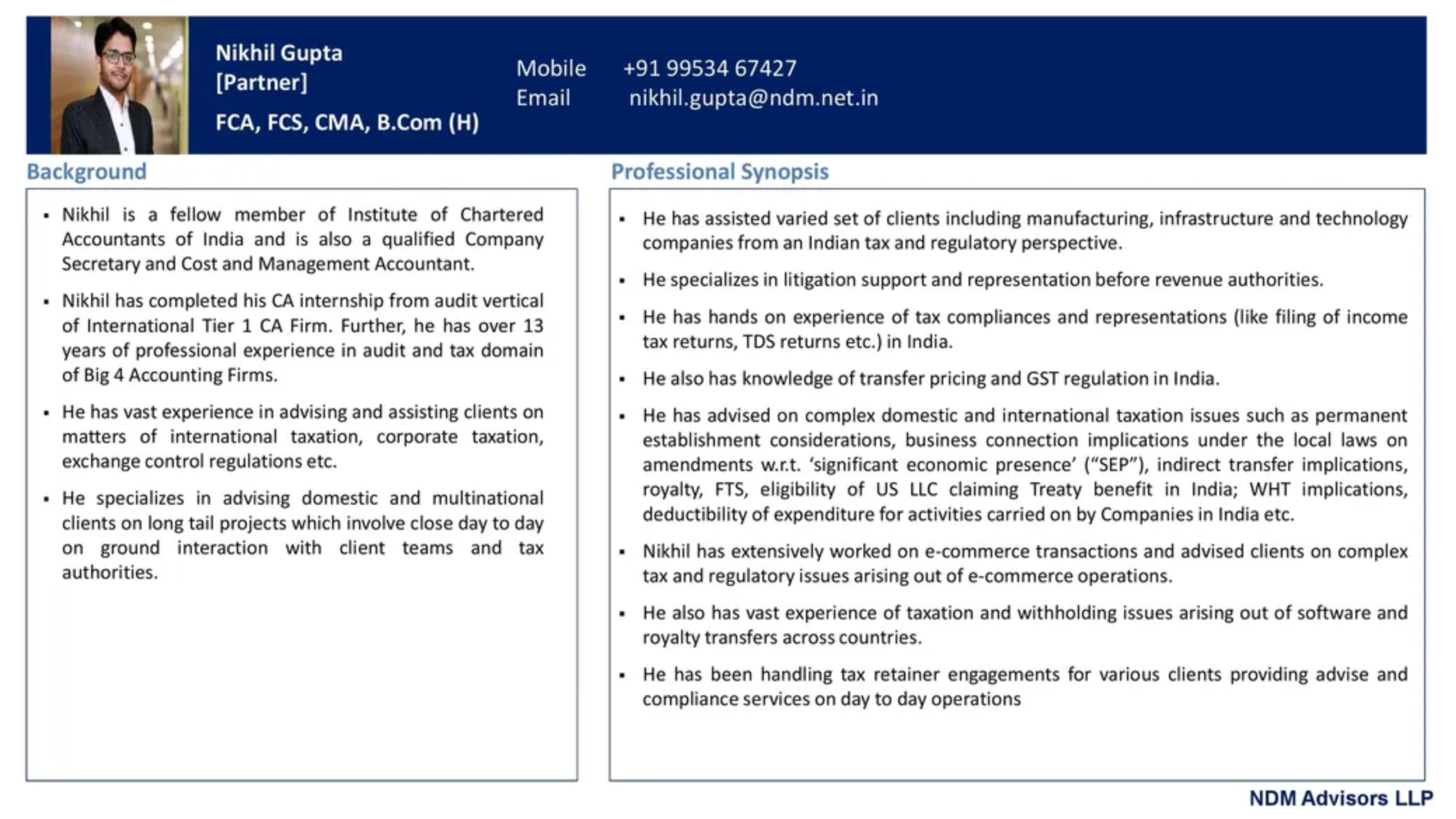Applicability Of U.S. Tariffs On Steel And Derivatives In A Bill-to/ship-to Model
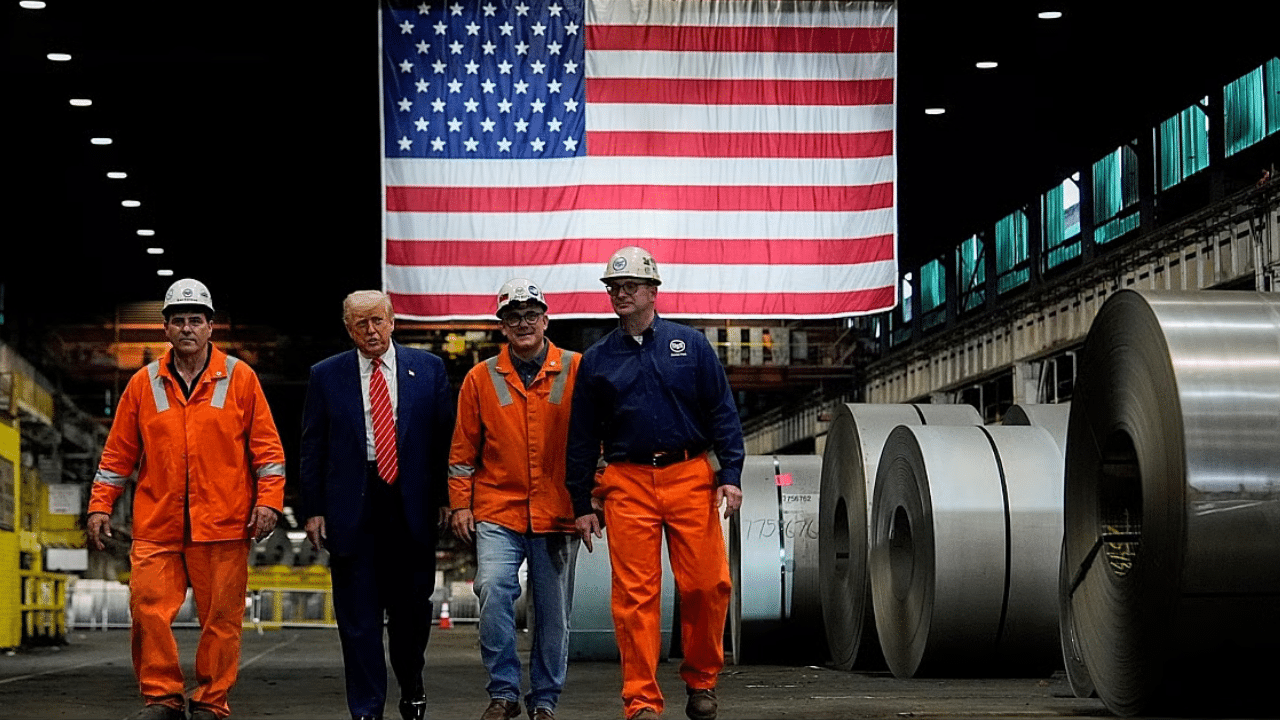
The present Article examines whether tariffs imposed by the United States of America (“U.S.”) on steel articles are attracted in respect of a transaction wherein an Indian exporter effects sale of steel pipes and steel materials to a group entity situated in the U.S. (the “Bill-To” entity), while the goods are physically delivered to another group entity located in Canada (the “Ship-To” entity), under a Bill-To/Ship-To arrangement or a high seas sale model.
At the outset, it is pertinent to note that the legal foundation of the U.S. tariffs on steel imports lies in Section 232 of the Trade Expansion Act of 1962 (19 U.S.C. §1862), which empowers the President to adjust imports by way of tariffs or quotas where such imports are determined to threaten to impair the national security of the United States. In pursuance of the said statutory authority, the U.S. President issued Proclamation imposing an additional duty of 25 per cent ad valorem (according to value,) on steel articles classified under the Harmonized Tariff Schedule of the United States (“HTSUS”). The tariff rate on steel and Aluminium was further increased to 50%, effective from June 2025, per Proclamation 10947.
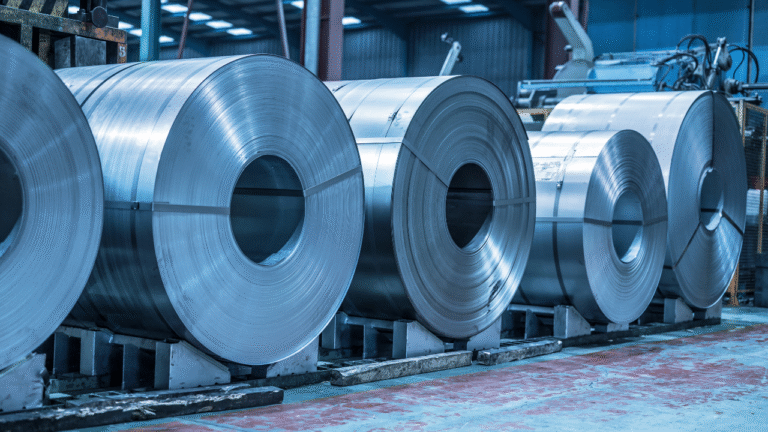
Key Question: Do these tariffs apply simply because the buyer is a U.S. entity, even if the goods are delivered outside the U.S.?
Point of Tariff Liability
It is a settled principle of the U.S. customs law that duties, including those imposed pursuant to Section 232, are applicable only upon importation into the U.S. customs territory. The tariff liability arises at the point of “entry for consumption” or upon withdrawal from a bonded warehouse or foreign trade zone for consumption within the United States. Neither the situs of contracting nor the nationality of the consignee, nor the place of invoicing, constitutes the taxable event for purposes of Section 232. Accordingly, where goods are shipped from India and delivered outside the U.S, let’s say, into Canada, the transaction does not occasion an importation into the United States, and consequently, no liability under Section 232 tariffs is triggered at that stage.
Tariff Exposure on Re-Exports to the U.S.
Nevertheless, should the goods, after their initial delivery in Canada, be subsequently re-exported or otherwise introduced into the U.S. customs territory, the tariffs would apply at the prevailing rate (currently 50 per cent of the steel content). At that juncture, issues of customs valuation, first sale rule, related-party pricing, and compliance with origin certification requirements (including melt and pour documentation) would assume significance.
Per the Section 232 Presidential Proclamations, any steel or aluminum article subject to the Section 232 duties, except those eligible for admission under “domestic status” as defined in 19 CFR 146.43, and that is admitted into a U.S. foreign trade zone must be admitted as “privileged foreign status” as defined in 19 CFR 146.41, and will be subject upon entry for consumption to any ad valorem rates of duty related to the classification under the applicable HTS sub-heading.
Therefore, Aluminum or steel articles shall not be subject upon entry for consumption to Section 232 duties, merely by reason of manufacture in a U.S. foreign trade zone. However, articles admitted to a U.S. foreign trade zone in “privileged foreign status,” shall retain that status consistent with 19 CFR 146.41(e).
Practical Takeaways for Exporters
In view of the foregoing, it may be concluded that no U.S. tariffs are attracted at the point of shipment from India to Canada, notwithstanding that the purchaser on record is a U.S. group entity. The tariff exposure will arise solely in the event of a subsequent physical importation of the subject goods into the United States. It is therefore recommended that comprehensive shipping documentation evidencing delivery in Canada be maintained, and that, where re-export to the U.S. is contemplated, due compliance be ensured with the HTSUS classification, steel content reporting, and CBP directives then in force.
In case of queries, drop us a line on communications@ndm.net.in

Author: Shikha Verma, Advocate
NDM Advisors LLP
Have Any Question?
Send us a message and tell us more about your business and financial goals. We will get back to you soon to schedule a consultation.
- +91 9873210394
- Communications@ndm.net.in



